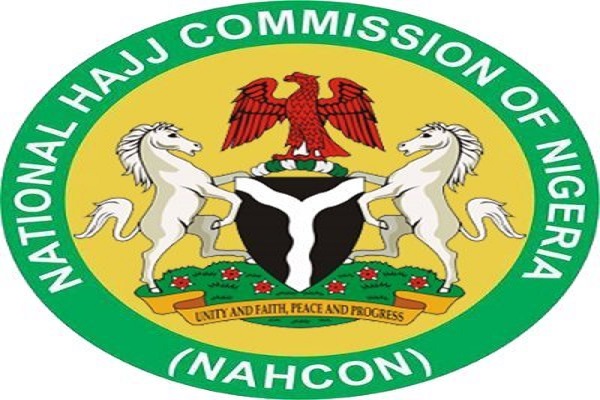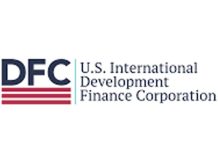The National Hajj Commission of Nigeria (NAHCON) approves three additional banks to participate in the Hajj Savings Scheme, expanding the number of financial institutions supporting the initiative to four.
Taj Bank, Alternative Bank, and Lotus Bank now join Ja’iz Bank in facilitating the scheme, which provides a structured savings plan for Nigerian Muslims preparing for Hajj.
An official from NAHCON’s Information and Publications Division, Abdulbasit Abba, announces the development, stating that the inclusion of new banks strengthens the scheme’s financial structure and enhances accessibility for intending pilgrims.
“The approval of Taj Bank, Alternative Bank, and Lotus Bank marks an important step in expanding the Hajj Savings Scheme. These banks will operate alongside Ja’iz Bank to ensure a more efficient and accessible savings system for Nigerian pilgrims,” Abba states.
At an official signing event at Hajj House in Abuja, NAHCON presents appointment letters to representatives of the three newly approved banks. Prince Abdullazak Aliu, Commissioner for Policy, Personnel, Management, and Finance, hands over the letters on behalf of NAHCON Chairman/CEO, Prof. Abdullahi Usman.
NAHCON describes the expansion as a strategic move to enhance financial planning for Hajj, ensuring more Nigerians can prepare for the pilgrimage without excessive financial strain.
The cost of Hajj continues to rise due to fluctuations in foreign exchange rates. During the 2024 Hajj, NAHCON provides financial support of N1.63 million per pilgrim to mitigate the impact of the naira’s depreciation against the US dollar.
To address the exchange rate challenge, the commission secures a N90 billion intervention fund from the federal government, instead of a proposed concessionary exchange rate of N850/$1 for intending pilgrims.
However, NAHCON confirms that for the 2025 Hajj, no exchange rate subsidy will be available. Pilgrims, whether traveling under state-sponsored or private operators, must pay at the prevailing market rate, which could significantly increase costs.
If the naira’s exchange rate remains unstable, financial analysts project that the cost of Hajj could rise to N10 million per pilgrim. This development raises concerns among intending pilgrims, many of whom rely on structured savings and government support to afford the journey.
With four banks now supporting the Hajj Savings Scheme, NAHCON encourages intending pilgrims to start saving early to ease the financial burden of the pilgrimage.













